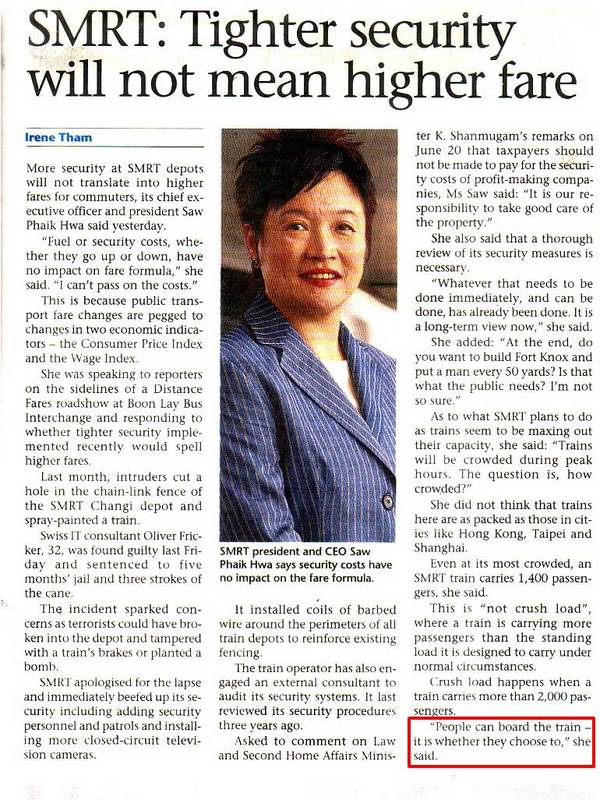- Joined
- Aug 20, 2022
- Messages
- 26,695
- Points
- 113
PAP is a 卖国贼 partyGupta can screw up all the time, he will not lose his job as long as Modi is in power. The PAP kowtows to Modi.
PAP is a 卖国贼 partyGupta can screw up all the time, he will not lose his job as long as Modi is in power. The PAP kowtows to Modi.

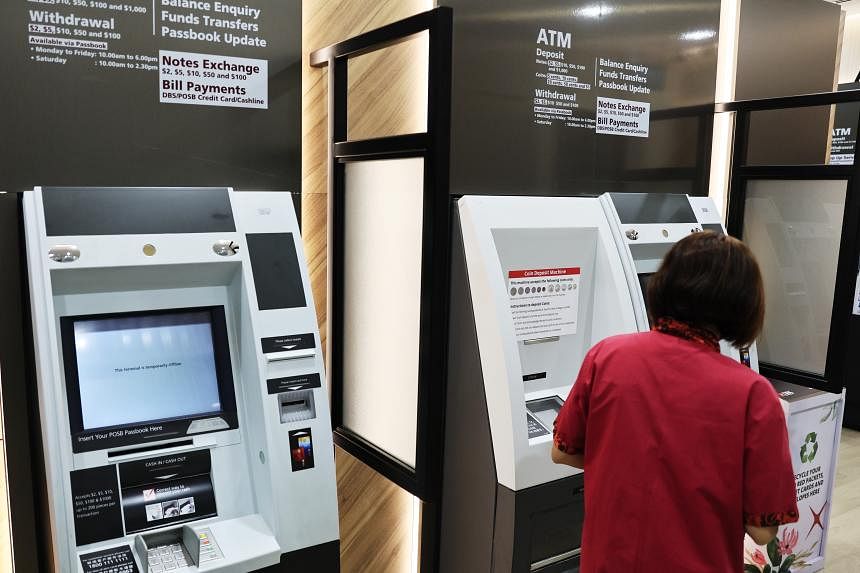

What is the race of MAS CEO?MAS full of talk ...always give the bank a slap on the wrist. MAS does NOT protect the consumers.
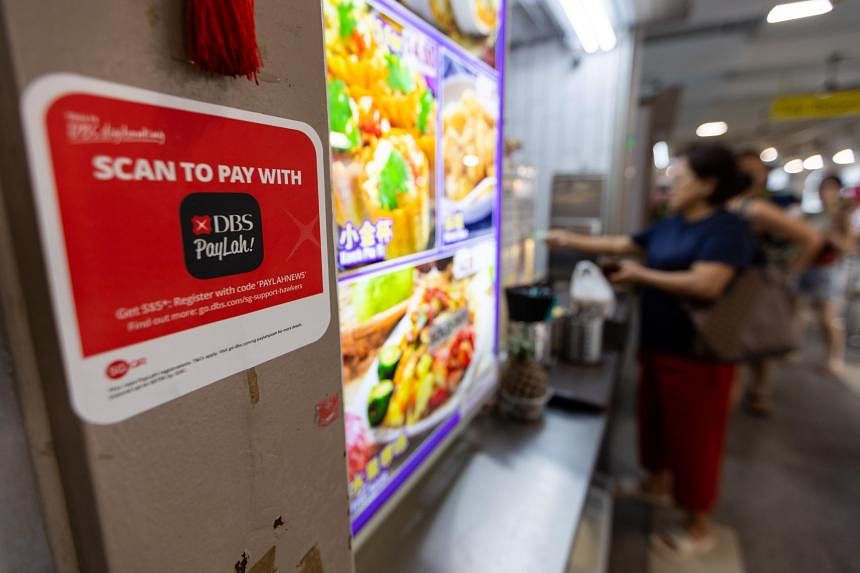


| Crushing news for HK bank customers | |||

A bank in Hong Kong has been explaining to customers why it sent 83 security deposit boxes full of valuables to a scrap yard, where they were destroyed. DBS Bank says the mistake happened when one of its branches was refurbished. Contractors working over the weekend were supposed to dump empty ones. Instead they took full ones from the bank's vault. The bank has promised to compensate its customers for losses, but few had told the branch what was in their boxes.
DBS said on Wednesday that all customers would be offered an ex gratia payment of HK$50,000 ($6,400). They will be offered a further two options. A one-off fast track settlement of a further HK$100,000 ($12,800) as a "speedy and simple solution", or customers who prefer to draw up a detailed list of the contents can submit a declaration form. The bank says it will then begin discussions with them on a case-by-case basis. DBS Hong Kong's Head of Consumer Banking, Sunny Cheung, admitted they faced a difficult task establishing exactly what had been destroyed. "This is a very tough situation because at the end, we have to work together with our customers to ascertain the value of the contents inside. It is very hard for us to say at this point in time what will be the amount, so I think we have to reiterate DBS takes ultimate responsibility for this incident and we will honour our obligation to our customers". There is some hope though for those who fear they have lost irreplaceable items. The bank says it has managed to recover some of what was lost. Its officials are combing through what is left of the boxes, carrying out an inventory of what survived the attempts to destroy them. An investigation into what went wrong is under way. |
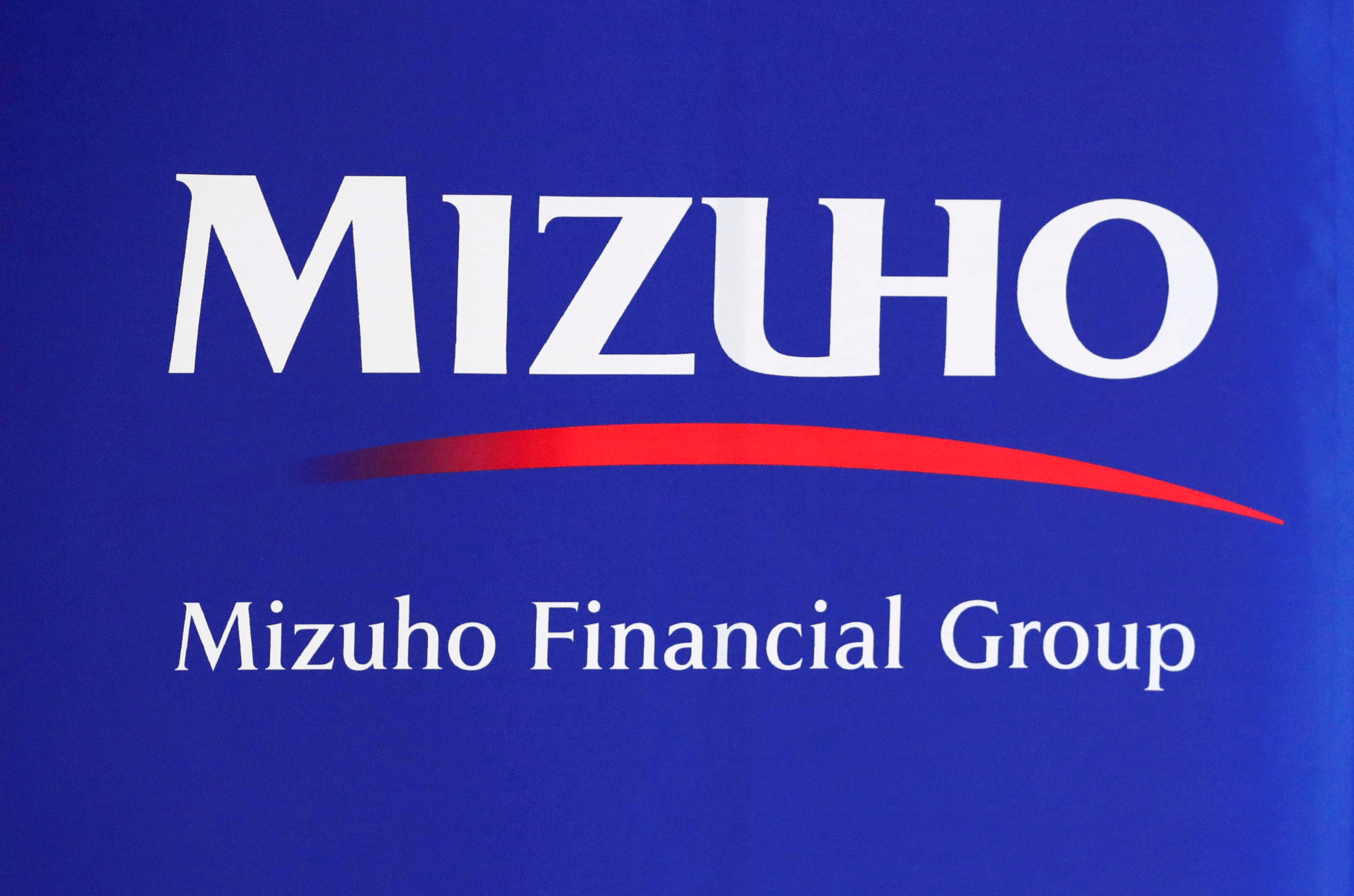
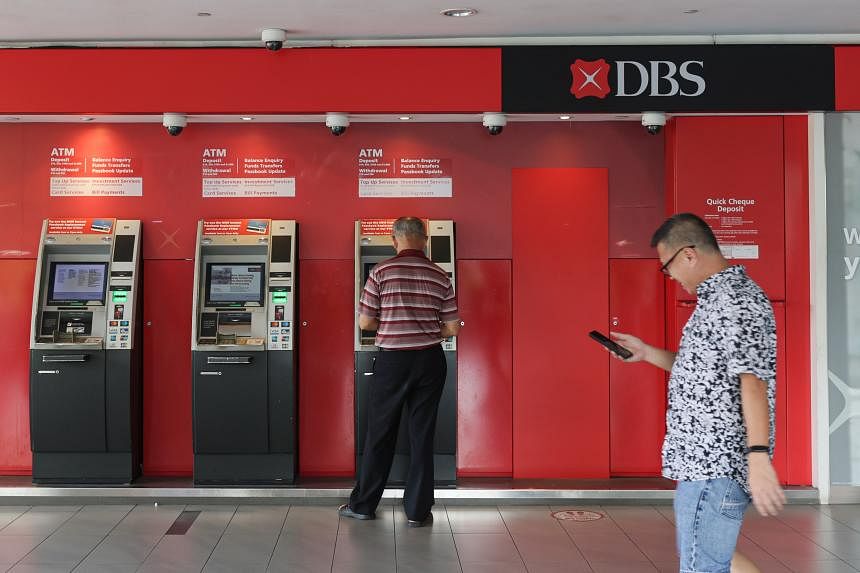

Sinkie's apprentice firing the serfs.So they rather punish the bank rather than sack.the CEO, ultimately, the shareholders suffer instead of the CEO, he still collecting high salary, fat bonuses and shares, laughing in the toilet
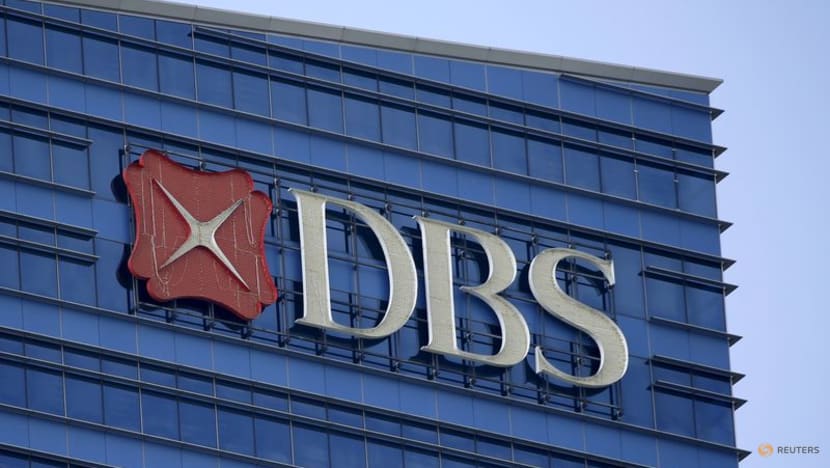

This episode reminds me of Saw Phaik Hwa when she was at SMRT making money only in retailing but ignored the maintenance of the trains which resulted in many breakdowns in 2011DBS' CEO Piyush Gupta is unsackable even with so many mishaps.
Why? Because he makes so much money for Temasek.
A History Of DBS Glitches
Singapore Airlines' ang moh VP of Public Affairs Rick Clements was heard live on CNN 31st Oct 2000, the night of the Taipei Boeing 747 crash which claimed 81 lives, telling the world, "There are no fatalities". Speaking on the meltdown of DBS' banking systems which triggered an island-wide breakdown of over 1,000 DBS and POSB automated teller machines (ATMs), chief executive Piyush Gupta said, "Actually we have very good safeguards. We have multiple redundancies built into our systems". Either these Foreign Talents are lying through their teeth, or they are clueless about the organisation that hired them. David Gledhill, DBS' head of Group Technology and Operations, even boasted, "...this is the first time a problem of this nature has occurred." Once again, white man speak with forked tongue. Straits Times has listed the ocurrences of "a problem of this nature" in today's paper:
September 2000: All branch computers and 900 DBS/POSB ATMs and Nets services went on the blink for 1 1/2 hours;
February 2001: All DBS ATMs, Nets services and Internet banking were knocked out at lunchtime for 45 minutes;
September 2009: Computers at DBS branches went bonkers, preventing customers from withdrawing more than $2,000 or updating passbook;
October 2009: DBS Internet banking services were kaput for 3 whole hours.
The IT failures disrupted and inconvenienced businesses and the public. It could have been worse. Under the watch of Randolph Sullivan, Chief Executive Officer of DBS Bank (Hong Kong), 83 customer safe deposit boxes at its Mei Foo branch were removed, sent to a scrapyard and crushed in October 2004, due to "a combination of human error, inadequate project oversight and the lack of formalised procedures for safe deposit box removal".
She runs SMRT but has not taken a train during morning peak hours.This episode reminds me of Saw Phaik Hwa when she was at SMRT making money only in retailing but ignored the maintenance of the trains which resulted in many breakdowns in 2011
